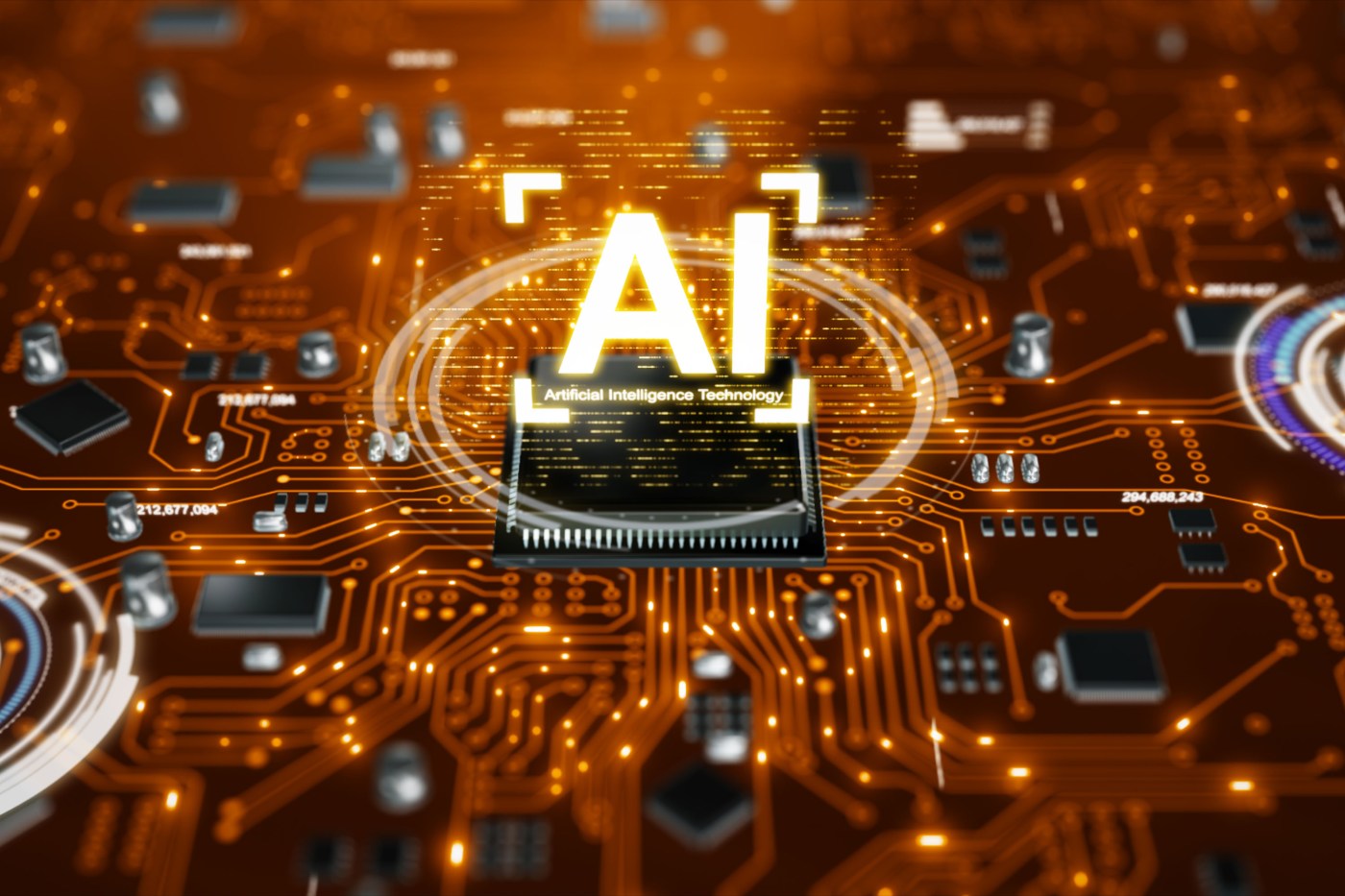We’ve spent the past two years fighting and eventually “solving” the wrong problem. Ever since Apple declared: “Privacy, that’s iPhone,” more than 150 countries have passed laws addressing internet privacy concerns. And yet, this hasn’t stopped an AI industry from being built on capturing data — our data — in order to train their models.
Privacy was a red herring. We are all data poor and need to become data rich. We need to be paid for our data. Naturally, the AI industry is resisting. It is difficult for an industry to understand something when its business model depends on not understanding it. (A tip of the hat to Upton Sinclair).
Let’s not fight the wrong problem again. We are all justifiably enamored by the renaissance promised by AI in the fields of medicine, education and beyond. Rather than attempting to legislate the output of these models (from the legitimate to the bizarre), we should focus on the inputs. Data ownership rights and people being paid for their data are the key to unlocking this future without the economic asymmetries that resulted from previous technological shifts.
New legislation to support personal data ownership is already being proposed. In February 2019, Gov. Gavin Newsom proposed a data dividend for all Californians to be paid for their data. In the same year, U.S. Sen. John Kennedy, R-La., proposed the Own Your Own Data Act to grant users with property rights to all the data they generate on the internet. Brazil’s Congress is now actively considering the Data Empowerment Act introduced last year.
Big publishers (and their lawyers) are also pushing back. Axel Springer and the Financial Times signed lucrative deals to license their data. Others, like The New York Times and the many newspapers to follow, have filed copyright lawsuits. In mid-May, Scarlett Johansson filed a lawsuit to block the use of “Her” voice for ChatGPT 4o. But who will fight for the little guy?
So far, no one is stepping up to the plate. Take Reddit that signed a licensing deal with Google in February worth $60 million per year. Guess how much of that went to the diligent Redditors responsible for creating such a rich source of data in the first place? Not a penny.
Related Articles
Caltrans delves into GenAI testing to reduce bottlenecks, keep Bay Area roads safe
From robocalls to fake porn: Going after AI’s dark side
Democrats wanted an agreement on using artificial intelligence. It went nowhere
Tests find AI tools readily create election lies from the voices of well-known political leaders
‘All Eyes on Rafah.’ A viral post uses AI in the service of activism. Is it ethical?
Big Tech companies such as Google, Meta, Microsoft, OpenAI and others are focused on new ways to generate data to train AI systems — including the creation of synthetic data, potentially buying publishing companies such as Simon & Schuster, or adjusting legal language to broaden use of consumer data from free versions of tools such as Google Docs. No, none of these brainstormed scenarios include you getting paid.
But wait, it gets worse. You purchased your phone. You pay the electricity to charge it and the network cost to connect it. U.S. consumers each pay roughly $1,500/year on average to create the massive amounts of data used by the AI companies. Not only are you not getting paid for that; you are subsidizing their costs.
Everything we do (online and offline) generates value and data. It is the value of our data that is the asset that will make AI and the world evolve for the better. We need a new social license to operate as we evolve into a new data economy in the form of legislated data ownership rights.
Patrick Hruby is the COO of DrumWave, a Silicon Valley-based data platform.












